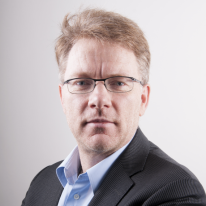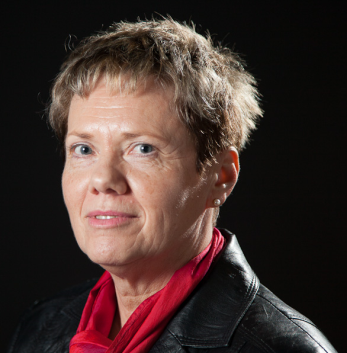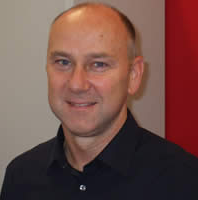Welcome
Welcome to the website of the Comparative Interest Group-survey project (CIG-Survey Project). The project’s objective is to develop systematic knowledge about the organizational development as well as the political strategies of civil society organizations, interest groups, lobby groups and advocacy organizations. What kind of challenges do these organizations face and how do they manage them? Our aim is to achieve a better understanding of the daily operations of civil society organizations across different national settings. These kind of organizations face many challenges, budget constraints, severe time pressure and operate in an increasingly complex legal and institutional environment. How does all this affect their organizational structure and what kind of strategies do these organization use to cope with these challenges? The major goal is to develop sound comparative and in-depth empirically grounded knowledge on these matters.
For this purpose, the project involves various surveys and the systematic mapping of the interest group populations in different European countries, including the EU-level. Large surveys were conducted in Slovenia, Belgium, Sweden, the Netherlands, Lithuania, Poland, the Czech Republic, Portugal, and the EU-level.
A collection of all data can be found here.
Background and funding
The project is an offspring of the INTEREURO-project, which ran from 2011 to 2015 (www.intereuro.eu). One part of the INTEREURO project entailed the mapping and surveying of the EU-level interest associations. In early 2015 we conducted a comprehensive survey among the entire set of EU-level interest associations. Building on this successful experience, we decided, in order to strengthen the comparative leverage of the project, to replicate a similar survey in the various European countries. The CIG-Survey Project was launched. The overall project is co-funded by the European Research Council (ERC), the Research Foundation-Flanders (FWO-V) and the Slovenian Research Agency. Separate national CIG-surveys depended on grants from national research agencies.
Principal investigators

Jan Beyers

Danica Fink-Hafner



